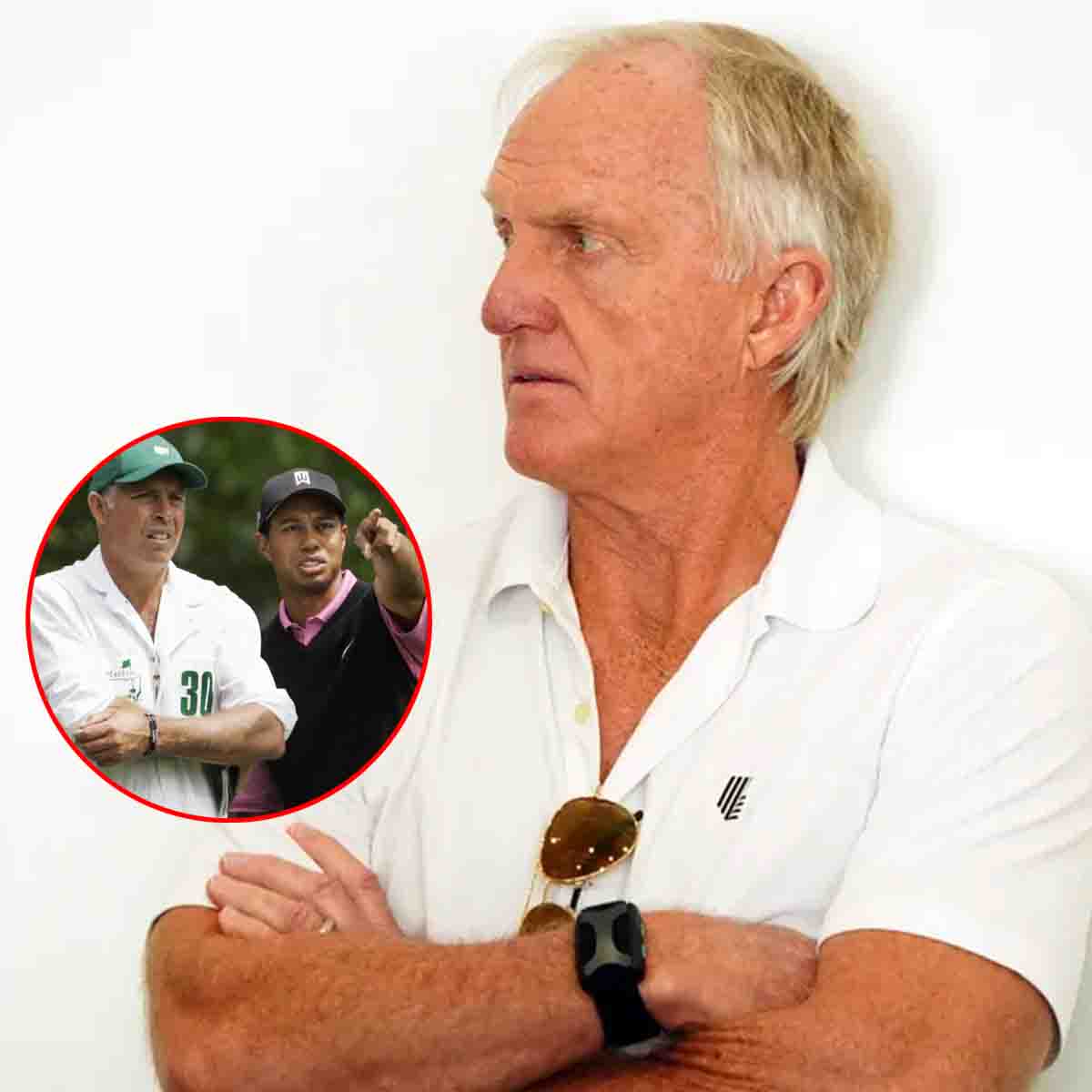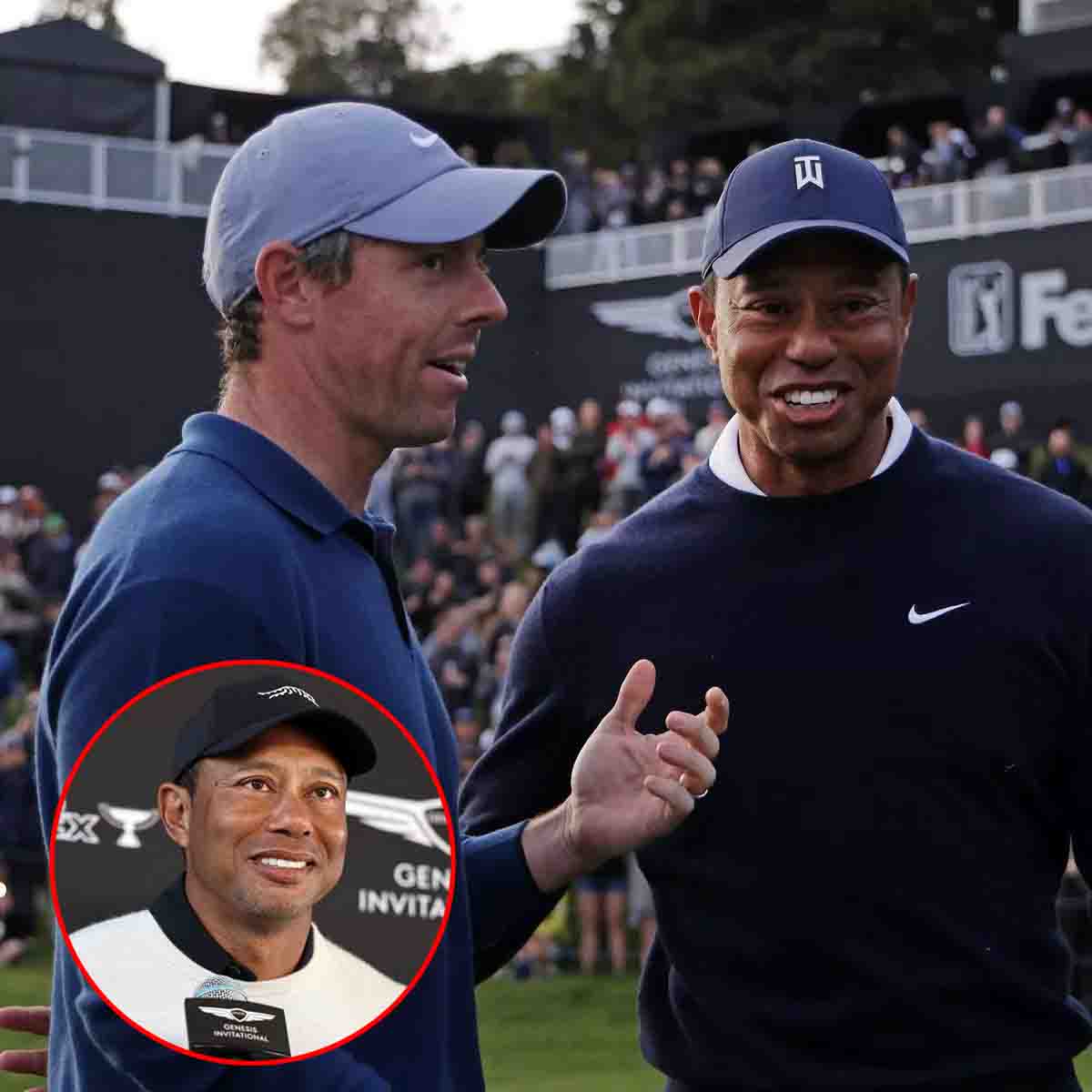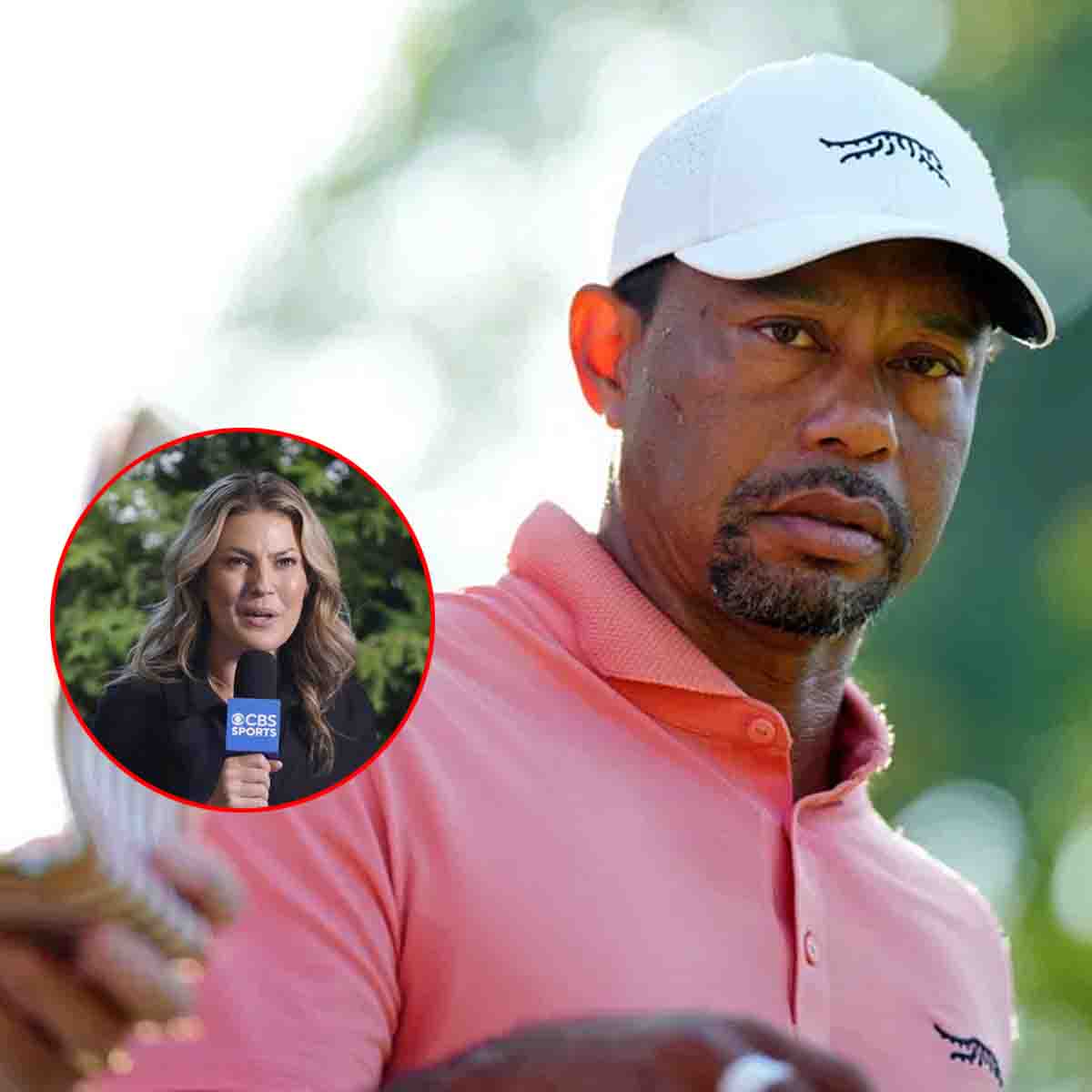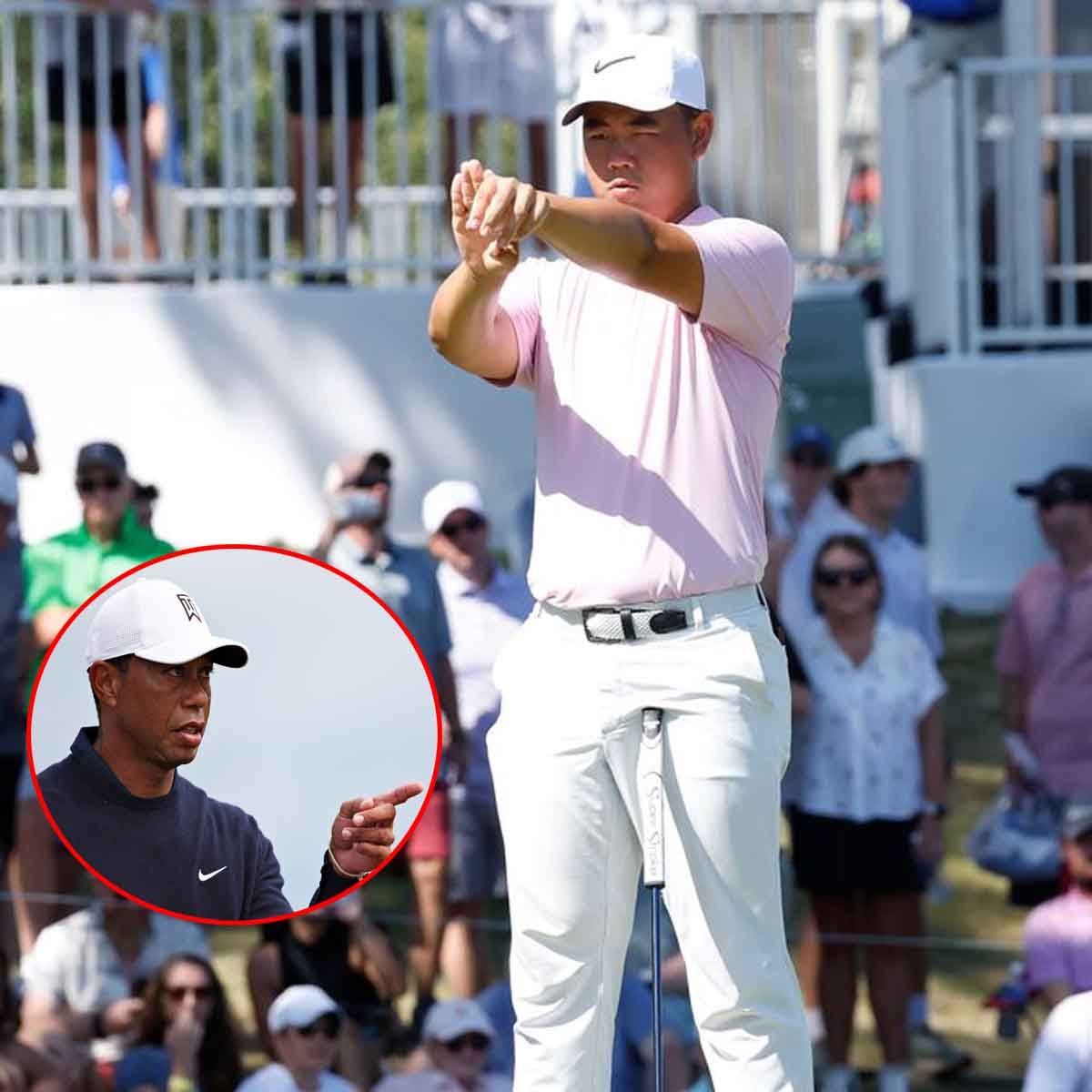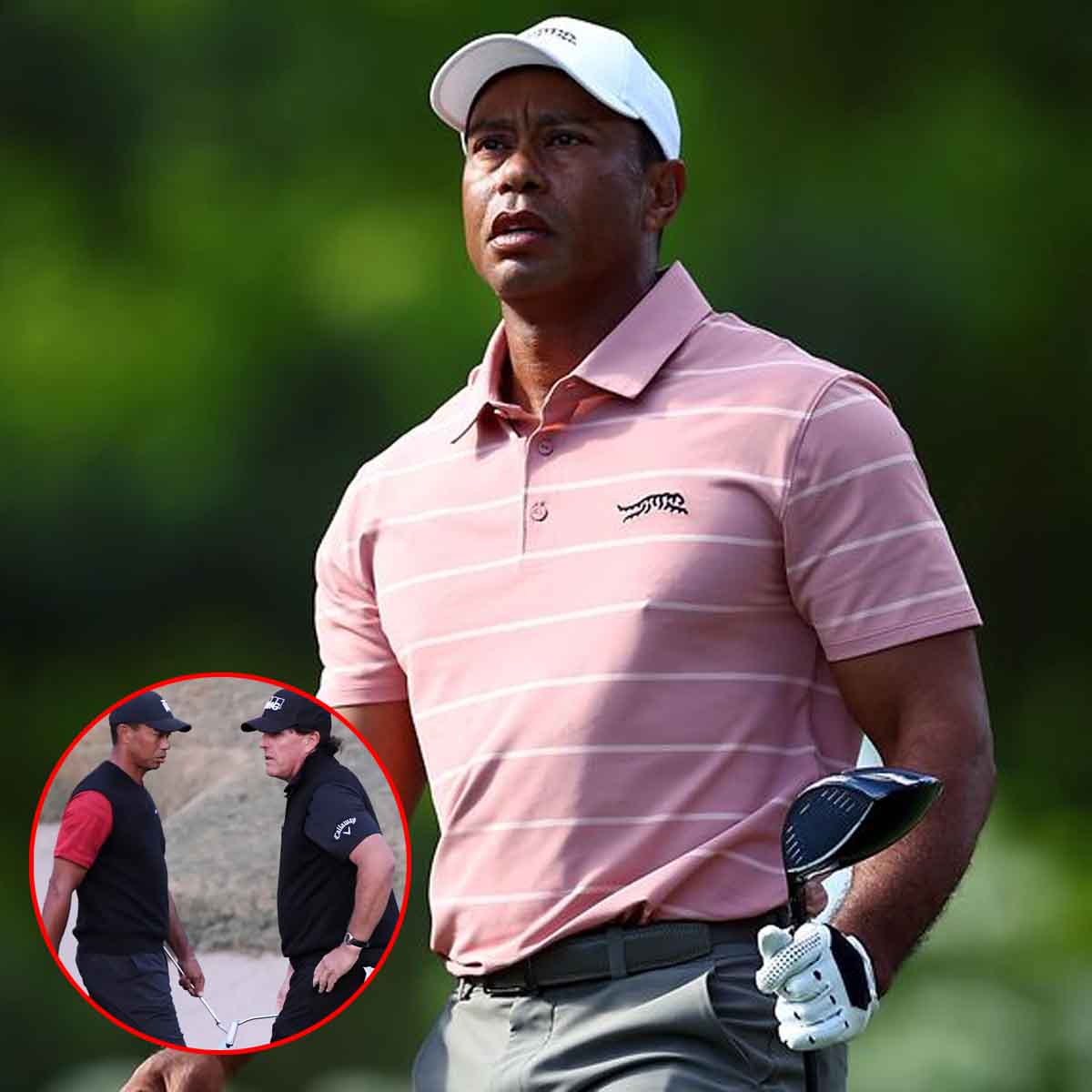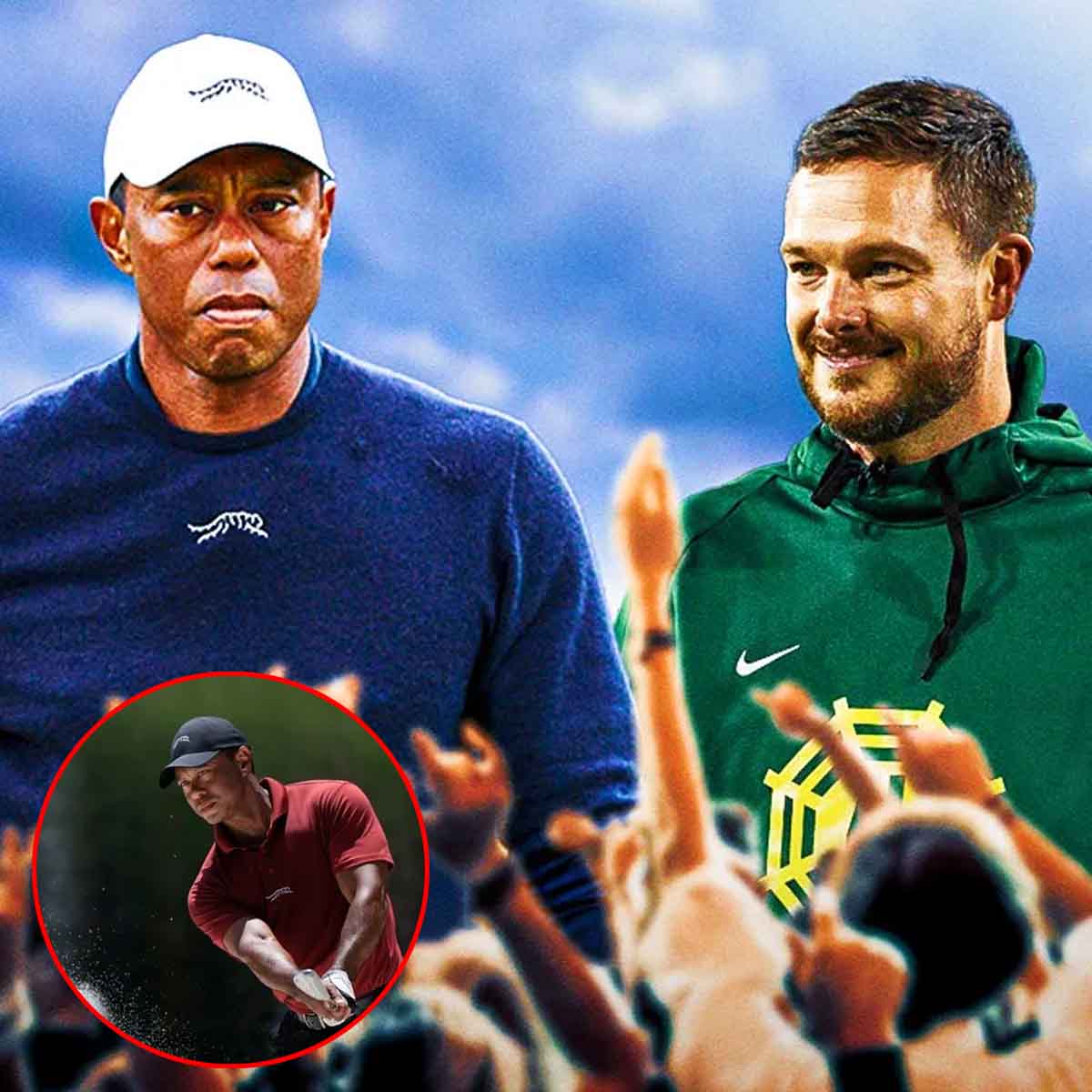The even-keeled Michigan native, who was sacked as the Lakers’ head coach on Friday, was hired for his ability to manage personalities. Once he lost his players’ trust, it was only a matter of ⌛
Fri 3 May 2024 19.45 BST25
The date is 31 January, less than two months removed from the Los Angeles Lakers’ inaugural NBA Cup championship, and the Lakers are nosediving precipitously, racking up loss after loss in late December and into January. In a competitive Western Conference, being sub-.500, even by a game or two, simply will not get the job done for a championship hopeful. And the team does have a right to be among those hopefuls, buoyed by a shockingly healthy tandem of a freshly-39-year-old LeBron James and injury-prone big man Anthony Davis, who, to this point, have missed a combined eight games and are playing at an All-NBA level. But something clearly isn’t working, and time is of the essence. No one knows this better than foe of father time himself, LeBron: that night, after yet another demoralizing loss, he tweets out, simply, an hourglass. A single emoji has never loomed larger.
At the time, there is frantic speculation in regards to what, or to whom, the primitive timepiece is referring. Is it James’ underperforming supporting cast, with the trade deadline hovering in the immediate future? Is it the Lakers’ front office, who are no doubt aware of his player option looming in the coming offseason? Is it his own NBA mortality, to which he has admitted he will likely succumb sooner rather than later, despite no significant drop-off in production?
All of those factors probably came into play when James took to his keyboard in frustration. The Lakers’ early playoff exit on Monday, yet again at the hands of Nikola Jokić’s Denver Nuggets, does understandably call into question if the hourglass has, indeed, run out on James’ championship window – or on his time with the Lakers franchise at large. But hindsight being 20/20, it is likely that one other factor elicited the exasperated reaction more than any of the others: Lakers head coach Darvin Ham, who was fired on Friday despite having two years remaining on his contract.
As the Lakers’ offseason has gotten under way, the clouds of team-generated positive spin that humidify the NBA season began to part, and the behind-the-scenes drama they were shrouding quickly sharpened into view. James, as it turns out, was far from the only one who had become frustrated with Ham’s tenure at the helm. The fissures were deep and plentiful, beginning as far back as last season, and the writing, it seems, had been on the wall for months. So where did Darvin Ham’s time with the organization go wrong?
It’s been widely publicized that Ham, a baritone, even-keeled Michigan native and NBA veteran, was hired for his people skills more than his clipboard ones. He cultivated a reputation as a great locker-room type on Mike Budenholzer’s championship-winning Milwaukee Bucks staff, but was never known particularly as a master tactician. When the Lakers brought him on for the 2022-23 season for his first ever head coaching opportunity, the thinking was that perhaps a coach with veritable basketball genius LeBron James as his best player didn’t necessarily need to be an Xs-and-Os wizard. He did, however, need to be able to galvanize his troops and manage personalities well (especially as they had decided to give another season with polarizing guard Russell Westbrook a go, though they did abandon ship on that at the trade deadline in 2023).
All of those factors probably came into play when James took to his keyboard in frustration. The Lakers’ early playoff exit on Monday, yet again at the hands of Nikola Jokić’s Denver Nuggets, does understandably call into question if the hourglass has, indeed, run out on James’ championship window – or on his time with the Lakers franchise at large. But hindsight being 20/20, it is likely that one other factor elicited the exasperated reaction more than any of the others: Lakers head coach Darvin Ham, who was fired on Friday despite having two years remaining on his contract.
As the Lakers’ offseason has gotten under way, the clouds of team-generated positive spin that humidify the NBA season began to part, and the behind-the-scenes drama they were shrouding quickly sharpened into view. James, as it turns out, was far from the only one who had become frustrated with Ham’s tenure at the helm. The fissures were deep and plentiful, beginning as far back as last season, and the writing, it seems, had been on the wall for months. So where did Darvin Ham’s time with the organization go wrong?
It’s been widely publicized that Ham, a baritone, even-keeled Michigan native and NBA veteran, was hired for his people skills more than his clipboard ones. He cultivated a reputation as a great locker-room type on Mike Budenholzer’s championship-winning Milwaukee Bucks staff, but was never known particularly as a master tactician. When the Lakers brought him on for the 2022-23 season for his first ever head coaching opportunity, the thinking was that perhaps a coach with veritable basketball genius LeBron James as his best player didn’t necessarily need to be an Xs-and-Os wizard. He did, however, need to be able to galvanize his troops and manage personalities well (especially as they had decided to give another season with polarizing guard Russell Westbrook a go, though they did abandon ship on that at the trade deadline in 2023).
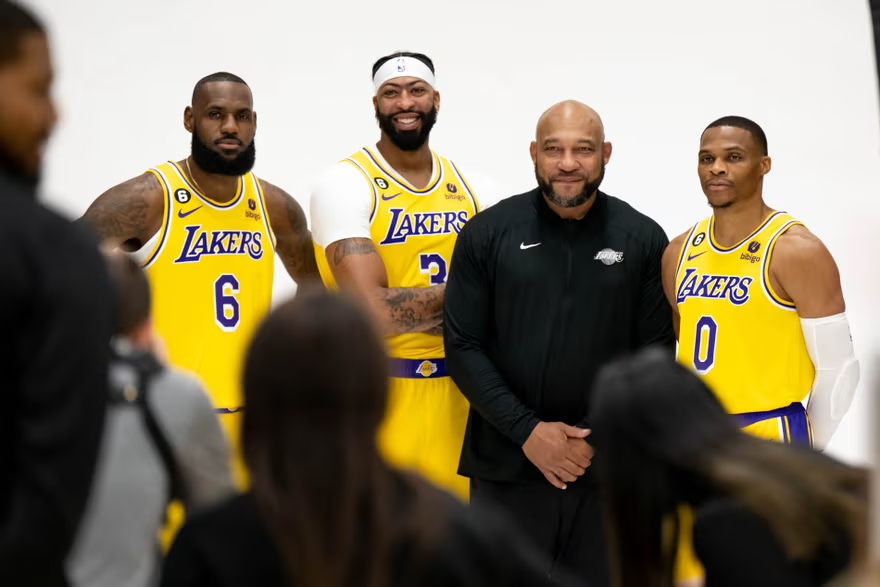
There were some gripes here and there in his first season, mostly about rotations (like his predisposition for three-guard lineups, regardless of opponent size). But for the most part, any coaching doubts were quelled by the Lakers’ miraculous turnaround and Cinderella run to the conference finals. Losing the trust of your players as a coach hired for your personnel skills, though, is akin to the kiss of death – and Ham’s second year was rocky almost from the starting blocks.
That’s when the really head-scratching rotational decisions began and the fracturing followed. When presumptive starter Jarred Vanderbilt was sidelined before the season began with right heel bursitis, he was replaced in the opening-night starting lineup not with forward Rui Hachimura –a key acquisition for the Lakers the past spring and their fourth-highest paid player – but with Taurean Prince, a near-minimum fringe signing who had played mostly off the bench in Minnesota. Prince would go on to start nearly 50 games for the team, amassing a team-worst plus/minus.
Then there was Austin Reaves, who entered the season as arguably the Lakers’ third most important player, playing a major role in the conference finals run and also having signed a sizable contract extension in the offseason. Fresh off not only the deep playoff run, but a summer with Team USA, fatigue seemed to impact Reaves by October, as he struggled through a shooting slump. He was moved to the bench eight games into the season, replaced by minimum journeyman Cam Reddish. While Reaves took the “not-demotion” (Ham’s words) in stride, the move left people perplexed behind the scenes, and it was clear to those around them that the player-coach relationship never recovered.
There was a temporary end to the losing streak, and the team caught fire and ended up winning the inaugural NBA In-Season Tournament. But the Lakers almost immediately started losing again. During this period, starting point guard D’Angelo Russell, too, was moved to the bench. All told, the Lakers went through six starting lineups during a stretch where they lost 10 of 13 games and gave up pivotal ground in a crowded West. None of the players seemed to know what to expect on a given night, and roles were blurry. Noise started to get loud within the locker room. The unhappiness was palpable. Sources close to the organization point to this time as when Ham started to really lose hold of the rope.
None of those aforementioned starting lineups were the one from their playoffs run a year prior (though the team had retained all five players): James, Reaves, Davis, Russell and Hachimura, which would eventually get reverted to, perhaps too late, in time to go 19-6 in another scratch-and-claw climb to the No 7 seed, sending them into a head-on collision with their ultimate foils in the Nuggets. Denver would go on to eliminate the Lakers in five games, a hard-fought battle where the Lakers actually led for 69% of game time, suggesting the series was, contrary to widespread perception, winnable. But Ham’s bad habits – including reluctance to play Reaves heavy minutes, predisposition for bench-led, guard-heavy lineups and poor management of time-outs and coaches challenges (which loomed large, especially, in Games 2 and 5), reared their ugly heads against an opponent allowing little margin for error, and the Lakers were sent packing.
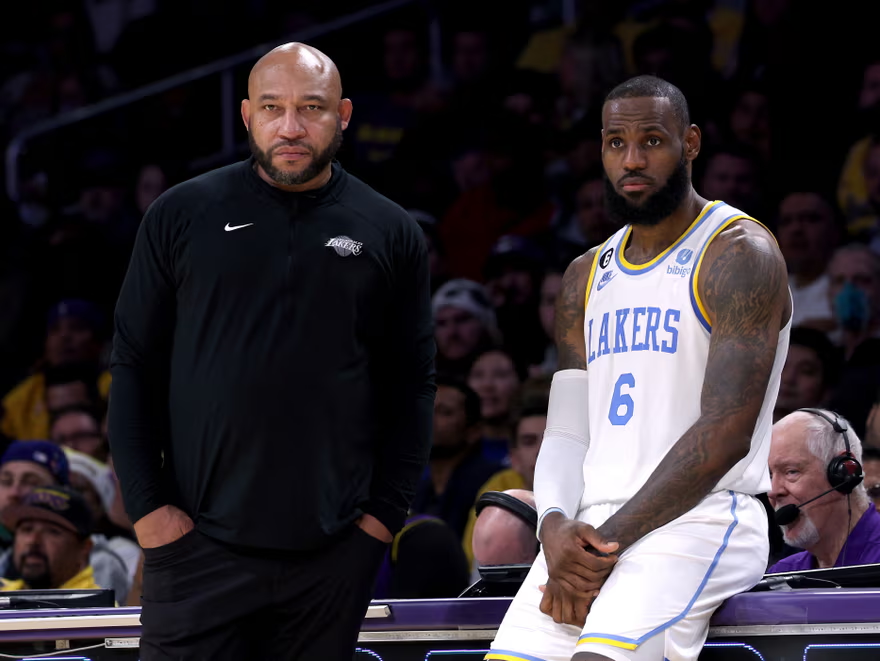
His faults on the hardwood aside, it’s worth noting that from talking to those close to the organization, Ham’s ultimate downfall was his reluctance to show accountability for the team’s shortcomings. One moment stands out: after a particularly damning 5 January home loss to a floundering Memphis Grizzlies team that dropped the Lakers to 15-17 on the season, a flustered Ham said: “I’m tired of people living and dying with every game we play. It’s ludicrous, actually.” That didn’t sit well with the fanbase, or the front office. Ham also continued to emphasize player availability as the problem, deflecting any blame up until the bitter end of his exit interview. “It’s been extremely challenging, everyone that’s been in and out of the lineup,” he told ESPN’s Dave McMenamin, referring to the injuries that plagued some of the team’s role players, though all of his best four players – James, Davis, Reaves and Russell – played 70 or more games. “It’s amazing how people just skip over that core part of having consistency with your lineup is all predicated on health and performance.” He then, staggeringly, appeared to throw parting barbs at presumably either Reaves or Russell, adding: “If you’re coaching a team and one of your starters is like 10 games in a row, just shitting the bed, what are you going to do?”
But the real crux of Ham’s unwillingness to fall on the proverbial sword for his players came last week at a team practice in advance of Game 3 against Denver. After a heart-wrenching loss at the hands of a spectacular Jamal Murray buzzer-beater, Davis had made some telling post-game comments, saying: “We have stretches where we don’t know what we’re doing at both ends of the floor.” The comments were, understandably, interpreted as a shot at the coaching staff. Ham’s response was defensive: “I think I have incredibly talented coaches all along my staff. We pride ourselves, whether it’s a practice, a shootaround, a film session, a game or whatever, we pride ourselves on being highly efficient and organized,” he said. “I just chalk that up to being frustrated. It’s an emotional game, the way it ended and all of that. But I’ll agree to disagree on that one.”
Those comments would serve as the last nail in Ham’s self-made coffin. A source close to the team told the Guardian, “He was already 80% [going to be let go], but [the jab at Davis] took it from 80% to 100%.”
Beyond the clear failings in his coaching acumen, losing the locker room to that degree was simply too much to overcome. The Lakers went on to lose Game 3 at home, going down 3-0 in the series with a “Fire Darvin!” chant breaking out late in the action at Crypto.com Arena. The fan base could smell it, too. The end was near.
In all likelihood, LeBron James, who turns 40 in December, will be selected to All-NBA this year, after another spectacular season. Anthony Davis is likely to join him. Davis played his most regular season games in the history of his injury-addled Lakers tenure this year with 76 games, with James not far behind at 71. It seems pie-in-the-sky that both will stay as healthy next season, not to mention how menacingly good a young crop of talent is becoming around them. The Western Conference was more competitive than ever this year – and with nascent marvels like Victor Wembanyama waiting in the wings, it seems primed to only become moreso. And then there’s the looming question of James’ upcoming free agency – and maybe even retirement.
Cinderella conference finals runs and inaugural Cups aside, Darvin Ham’s legacy in Los Angeles is likely to be boiled down to one question: did he cost the Lakers’ crown jewel in James his last real chance at a title? And to that end, only time will tell. Hourglass emoji, indeed.
